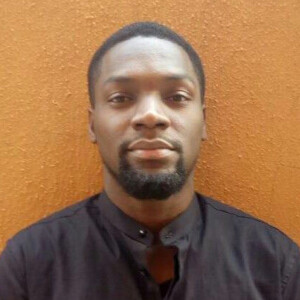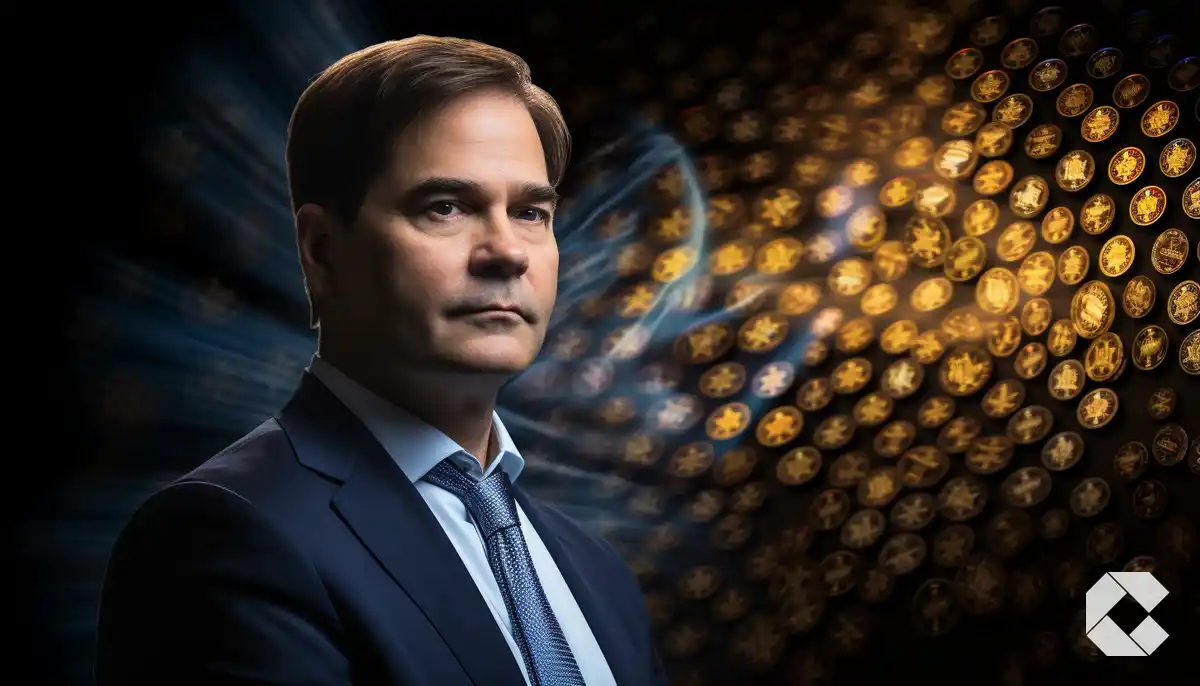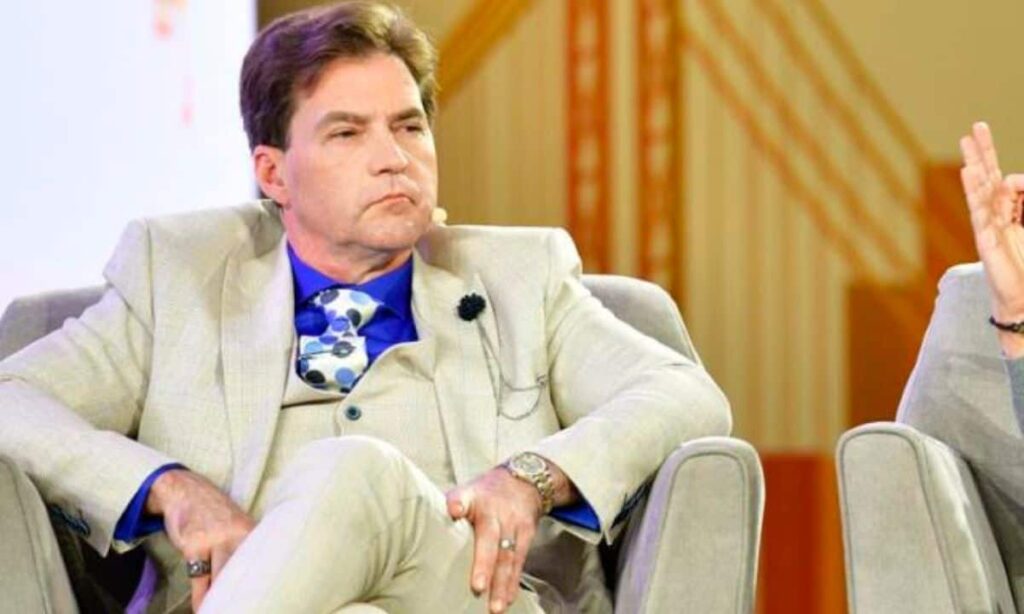
Last updated:
| 2 min read

Self-proclaimed Bitcoin creator Craig Wright admitted to destroying the hard drives containing his private keys on February 15. According to Wright, he did this under the influence.
Giving reasons behind this misstep, Craig Wright stated that he came back from the hospital and was ‘sedated’ as he hadn’t slept much.
Satoshi’s Hard Drives and Craig Wright’s Admission
This state of mind made him destroy Satoshi’s hard drives as he was tired, upset, and angry. He said he couldn’t exactly recollect how it all happened, however.
Further cross-examination by the COPA legal team unraveled how he destroyed the hard drives. Craig Wright later confessed that he threw the hard drives on the ground, stomped on one, and used a hammer on the other.
C: Moving on to your destruction of private keys. You say in Wright4 you destroyed the hard drive in 2016.
W: I’m not clear on it; I had come back from hospital and was sedated, hadn’t slept much. I know I destroyed it…
C: You didn’t express uncertainty in the witness statement.…— Norbert ⚡️ (@bitnorbert) February 14, 2024
The COPA legal representatives refuted Wright’s claim. They challenged him by pointing out the distinction between acting impulsively and acting deliberately because of the Bitcoin network’s lack of encryption.
While denying the accusations, Craig Wright emphasized the time investment in the project, considering it his life’s work.
His next statement pointed to another burning issue in the lawsuit, however. He stated that he did not set out to make an ‘anti-government thing,’ especially one that gets him ‘riled.’
From the inception of the Bitcoin network in 2009, the entire decentralized nature of the protocol was to eliminate centralized and, ultimately, government control.
Wright’s direct denial of creating something opposed to the traditional financial and governance system undermines his claim of being the pseudonymous architect of the original cryptocurrency.
C: [quotes witness statement] Difference between saying “I destroyed something impulsively” and “I destroyed it because [bitcoin is not encrypted etc]”
W: Absolutely not, only 2 BTC nodes control the network. AWS will give any order, My Lord, acting within the law…
C: We need to…— Norbert ⚡️ (@bitnorbert) February 14, 2024
The Impact on Bitcoin Signatures
The destruction of the hard drives containing the private keys brought one fact to the fore—no more personalized signatures from the self-proclaimed Bitcoin creator.
The COPA team acknowledged this, indicating the absence of signed transactions with the destroyed private keys. They also noted that Wright did not appear eager to recover them.
Wright said that AlixPartners could not access the on-site computers when this was discussed. The COPA team countered that he stated in the court in Kleiman that he hadn’t tried to access the keys after the hospital incident. The defendant stated that the QNAP servers were damaged, hence the reluctance.
C: [quotes witness statement] Difference between saying “I destroyed something impulsively” and “I destroyed it because [bitcoin is not encrypted etc]”
W: Absolutely not, only 2 BTC nodes control the network. AWS will give any order, My Lord, acting within the law…
C: We need to…— Norbert ⚡️ (@bitnorbert) February 14, 2024
This response prompted the COPA team to call out his Hodlonaut declaration, where he stated that he ‘could’ gain access by tracking down the data. To them, this was a contradiction to his recent testimony.
C: You had not even tried to regain access.
W: Until 2019. I hadn’t got QNAP servers back.
C: You knew you couldn’t get access to the keys, yet in Hodlonaut you *could* gain access by tracking down these people. Contradition.
W: No, the QNAP server still exists. When I get it…— Norbert ⚡️ (@bitnorbert) February 14, 2024
Wright then replied that someone had intentionally floated 240TB of his data, pointing back to his earlier claims that unidentified persons were out to soil his reputation.
The COPA and Wright trial will hopefully ascertain once and for all that Wright is not the real founder of the Bitcoin network.
According to a 2016 declaration, Wright said he founded the pseudonymous network and banned Bitcoin developers from using the network, citing copyright infringements.
The COPA team, made of industry experts, is seeking a court declaration outrightly banning Wright from exercising those rights.
So far, Craig Wright has found it difficult to make his case, with several pieces of evidence having irregularities.

